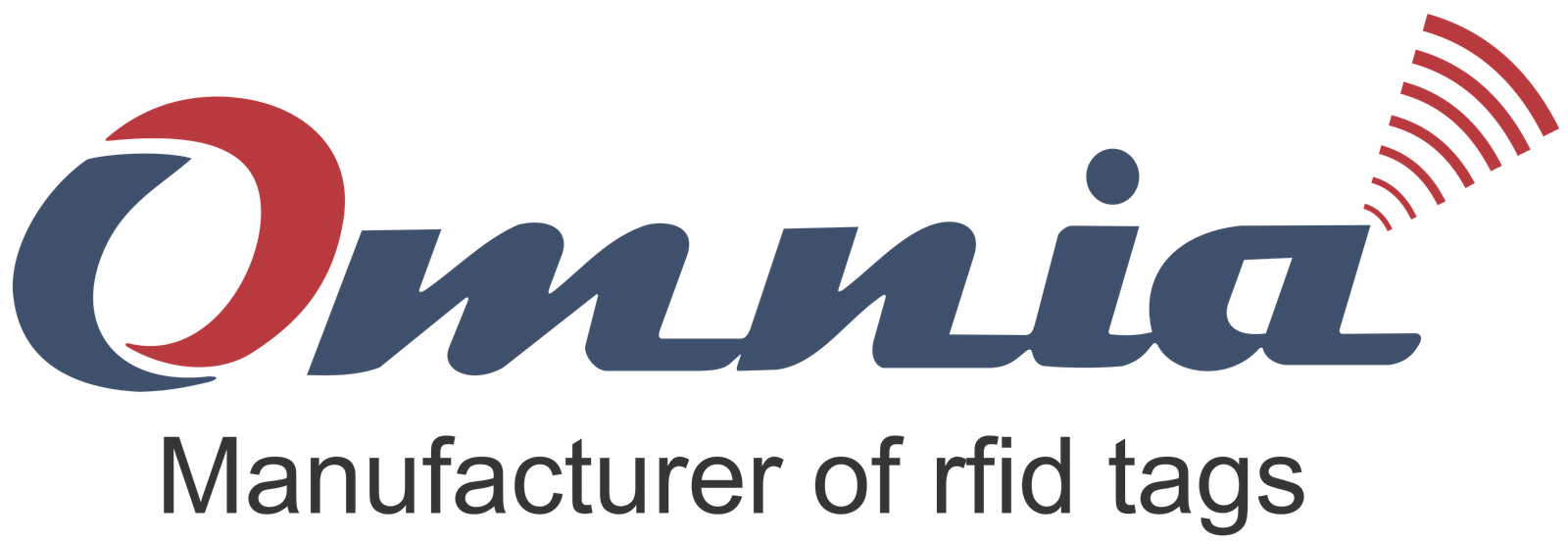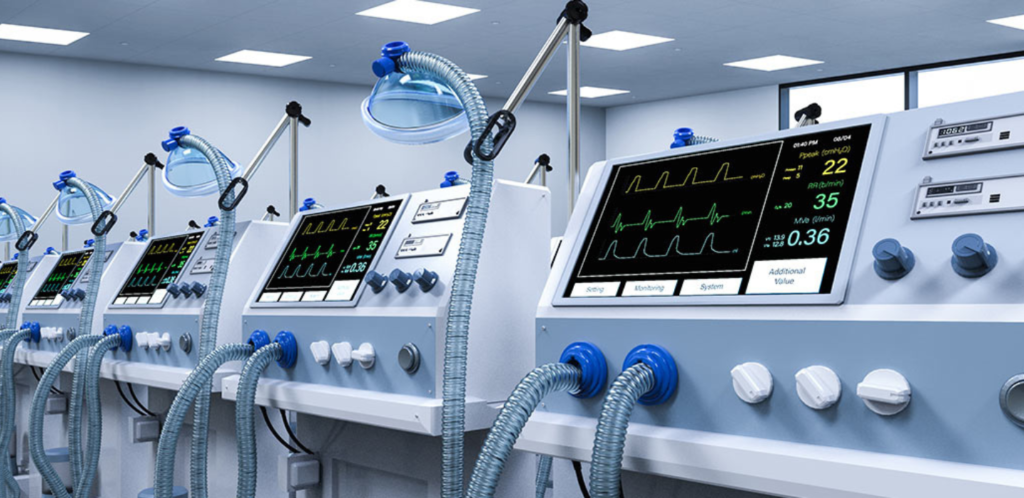Hospital equipment tracking, as well as patient tracking, are essential for safe and proper management of resources and treatments in a hospital. For hospital equipment, RFID tags can be used to track inventory, locate assets, follow maintenance cycles, and optimize equipment usage across the hospital for different procedures. Enhanced visibility and traceability through RFID help in reduction in loss of equipment allowing hospitals to stock lower levels of this equipment and tools.
RFID Technology plays a crucial role in the pharma & health-care industry, it includes equipment tracking, people identification and tracking, medical report monitoring, medicine tracking, and supply chain.
Benefits of using RFID in hospital equipment tracking:
- RFID is an asset visibility solution to make the work process simpler. By tracking and identifying assets through RFID hospitals can make it easier for staff to find idle equipment and avoid the purchase of unnecessary capital.
- RFID tags on hospital equipment help in keeping an account of inventories. RFID provides improved visibility of pharmaceuticals, implants, surgical instruments, and other items that can be difficult to track manually. Keeping count of inventory saves time and ensures that facilities never run low on important items.
- RFID tags make it easier for medical equipment to be tracked and traced, enabling hospital employees to easily locate equipment when it is required urgently, thereby enhancing the safety of patients.
Doctors and hospitals are adopting high levels of automation in the treatment process. This is not restricted to the equipment they use to diagnose a patient or to carry out procedures, but also to track patients and their treatment. Healthcare systems are a very important part of the economy of any country and for public health. RFID technology implements smart patient management, monitoring, and tracking process that can be used in hospitals to automate and organize their information management.
Patients are made to wear RFID Wristband tags which are stored with information regarding their diagnosis, medical history, and treatment process. These RFID tags consist of unique identification numbers for each patient which will identify her/him in the health information system. As the patient moves through different steps in his treatment process, these tags become a medium to automatically identify the patient and retrieve information regarding treatment, medication cycle and also update records as and when the treatment progresses; it is saved in a database for further analysis.
Benefits of Patient Tracking through RFID:
- Better tracking of the treatment process
- Enhancing internal schedules
- Accumulated RFID data can help a healthcare organization in predicting patient flow.
- The system increases patient safety by reducing human error and so improves the efficiency of the service
- Analysing the data about a patient’s movements can help the hospital for deeper insights.
Counterfeit pharmaceutical is one of the most critical issues facing the pharmaceutical industry today. The business of selling fake drugs is escalating globally. Adoption of RFID hardware and software throughout the pharmaceutical industry from manufacturing to distribution and sale/consumption can help overcome this dangerous problem. Reliable, accurate and secure measures for tracking, tracing and authenticating pharma products across the supply chain are essential to protect consumers as well as pharmaceutical manufacturers’ brands.
When the manufacturer puts an RFID tag on the product, it stores all the static information about the product such as a lot number and expiry dates in a database for record-keeping. When the product moves across the supply chain, from the manufacturer to the wholesaler, this information of the tags is updated in the database holding the initial information.
This process is carried out through all phases of the movement of drugs, from the wholesalers to the distributors, to the hospitals and pharmacies. It increases visibility, traceability, and authentication of products to safeguard consumers’ health and protect the pharmaceutical industry overall.



